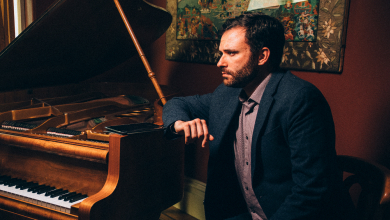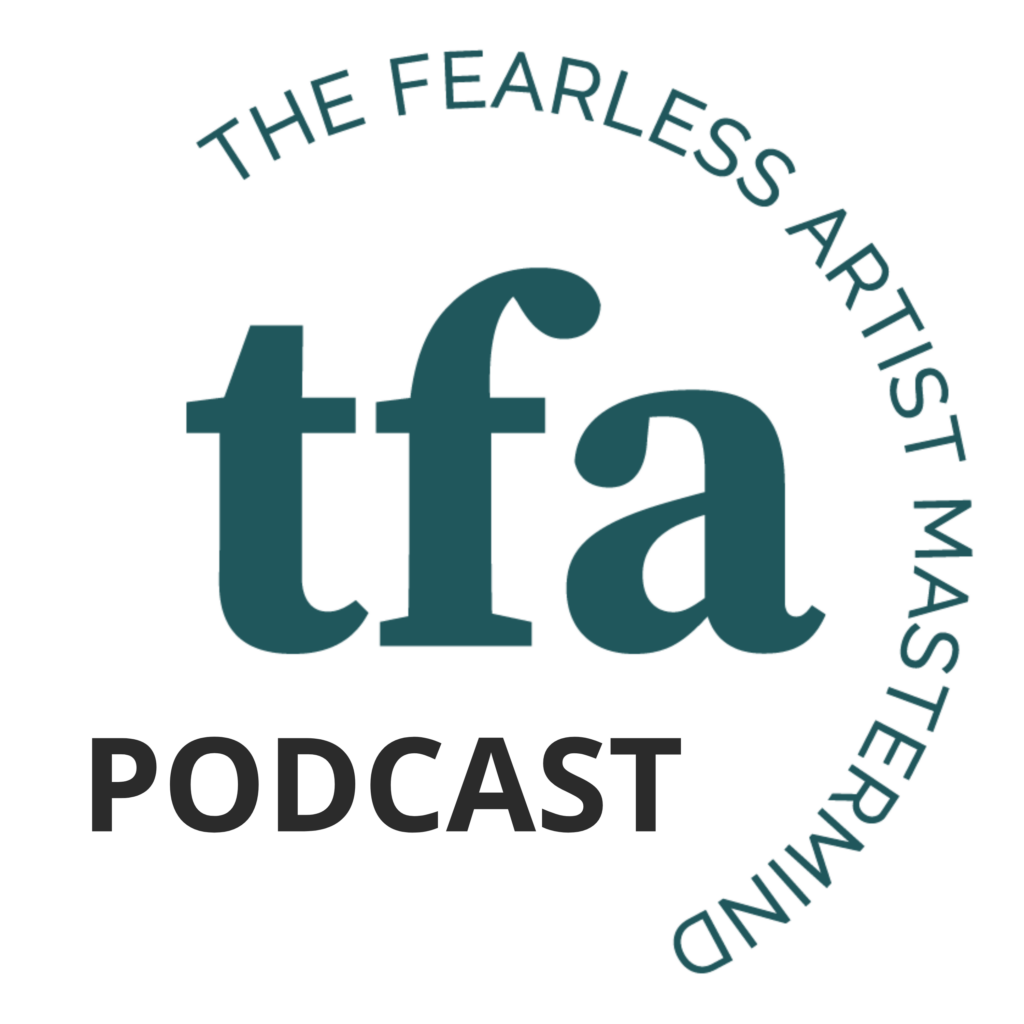How to blow up your YouTube channel and create a new career path with The Chopin Pod creator Ben Laude

Guest:
Ben Laude
Pianist | Music Educator | Video Producer
“I liked two things in high school: classical piano and creating videos. Today I create videos about classical piano for a living. I guess I did something right in my 20s after all.
In my four years at tonebase, I had the privilege to direct productions with dozens of world class musicians and teachers, including some of the greatest pianists of the 20th and 21st centuries the likes of Leon Fleisher, Garrick Ohlsson, Yuja Wang, Marc-André Hamelin, Emanuel Ax, Jean-Yves Thibaudet, and Nikolai Lugansky.
In building the tonebase Piano premium artist roster and video library, I have gained skills in all aspects of artist relations and video production: recruiting talent, developing lesson and interview content, coordinating productions, on-set directing, overseeing videographers and audio engineers, editing video, and managing the post-production process.
In growing the tonebase Piano YouTube channel, I honed my video editing skills by manipulating iMovie to do all kinds of things it wasn’t designed to do, like creating intricate classical piano commentary and analysis videos inspired by sports media. I’ve since graduated to Premiere Pro, through which I continued to develop concepts and formats for popularizing classical piano content. In the spring of 2023 I received a YouTube Silver Creator Award for surpassing 100,000 channel subscribers.
I got so into YouTube creation while at tonebase, as of January 2024 I decided to leave the company to launch my own independent channel.”

Subscribe to The Fearless Artist Podcast
Intro/Outro music by Michelle Lynne • Episode produced by phMediaStudio, LLC
